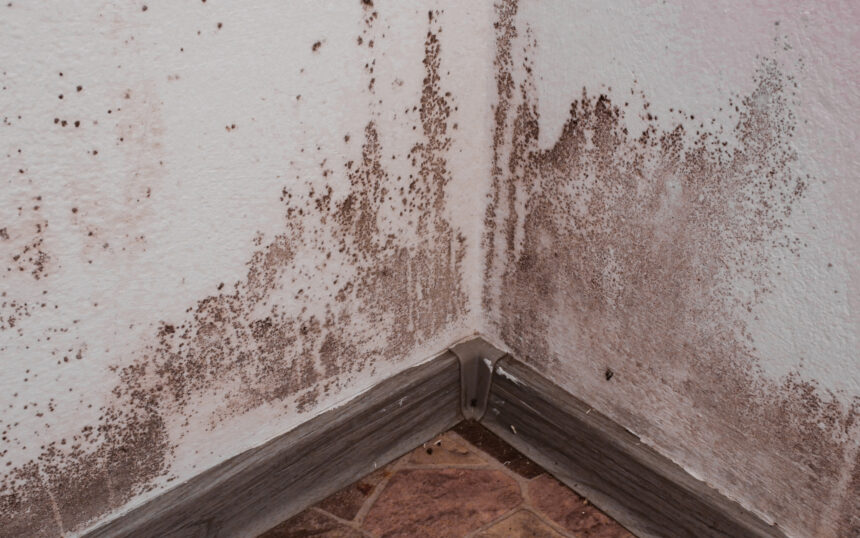
Does Renters Insurance Cover Mold Damage
Hi there! There’s been a lot of rain lately, and I discovered a small pool near my window. What happens when water overstays its welcome and mold appears? That got me thinking. Let’s discuss the potential benefits of renters insurance.
Your renters insurance company may reimburse the cost of replacing your mold-damaged possessions if the mold in your apartment or rental property is the result of a covered peril on your policy. In that case, your insurance company might additionally cover the cost of mold removal and, if necessary, housing while the mold is being removed. However, you usually won’t be covered if your carelessness caused the mold. Your landlord may be responsible for the expense of mold removal and damage to your possessions if the mold was created due to their carelessness.
When Is Mold Damage In Your Rental Property Covered By Renters Insurance?
Depending on your coverage and the circumstances surrounding the mold growth, your renters insurance may occasionally cover mold damage.
Your coverage may be helpful if the initial cause of your mold issue was a “named peril” that is often covered by renters insurance.
For Example:
Insurance might pay for some expenses if mold develops as a result of a burst pipe, water spilling from your upstairs neighbor’s bathtub, or water from a windstorm.
You may also be protected if the fire service had to put out a fire in your unit, which resulted in water damage that allowed mold to form.
Nevertheless, mold damage might only be covered if it impacts your personal belongings, such as electronics, clothing, or furniture. Cleaning such property will be feasible in most situations.
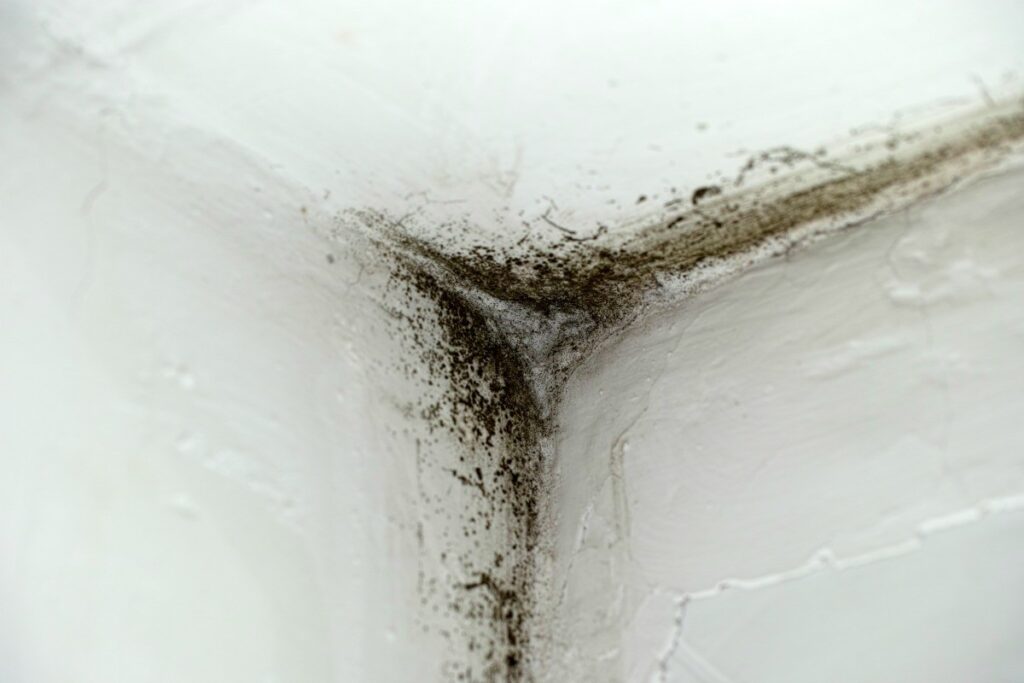
When Is Mold In Your Rental Property Not Covered By Renters Insurance?
Generally speaking, your renters insurance coverage will not cover mold in your rental flat.
- Coverage is doubtful if the mold developed as a result of carelessness or unfixed maintenance problems, such as a leaky window.
- Without a special flood insurance policy, mold brought on by flooding would not be covered by standard renters insurance, which frequently excludes flood damage.
- It wouldn’t be covered if mildew grew in your air conditioner or if there was too much moisture in a bathroom with inadequate ventilation.
- The physical structure of your flat is affected by a mold infestation in the walls or ceilings, which is the landlord’s fault rather than yours.
When Is Mold In Your Rental Property Not Covered By Renters Insurance?
You would be protected up to your personal property coverage limit if mold destroyed your possessions or property and the mold was brought on by a covered risk.
Let’s say you have $10,000 in personal property coverage under your renters insurance policy. This implies that, after paying your deductible, you may receive up to $10,000 in compensation if your mold-related claim was accepted.
If Mold Forces Me To Leave My Flat, Will Renters Insurance Cover The Cost?
If you must leave your rental for a few days, your renters insurance policy’s Loss of Use coverage may begin to apply if the mold in your flat resulted from a covered risk, as was previously mentioned.
This would assist you in paying for extra living expenditures (such as lodging, washing, or food) on top of what you typically spend at home. You might claim the $700 difference if your rent is $1,000 per month and the cost of a hotel for the same period is $1,700.
For Loss of Use claims, your policy deductible would be applicable in the majority of states.
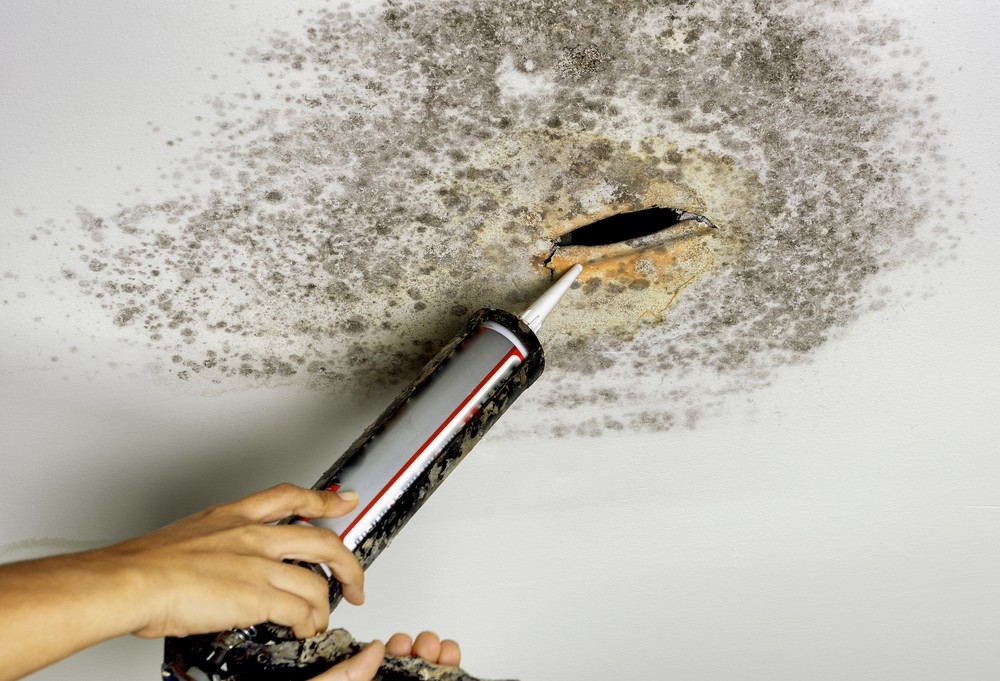
How Can I Make A Mold Damage Insurance Claim?
If you must make a claim, you can use the following checklist:
- Take Photos: Photographs are highly valued by renters insurance companies. They are often the most effective method of demonstrating mold damage. Before you clean up, mend anything, or move anything, make sure you take the pictures.
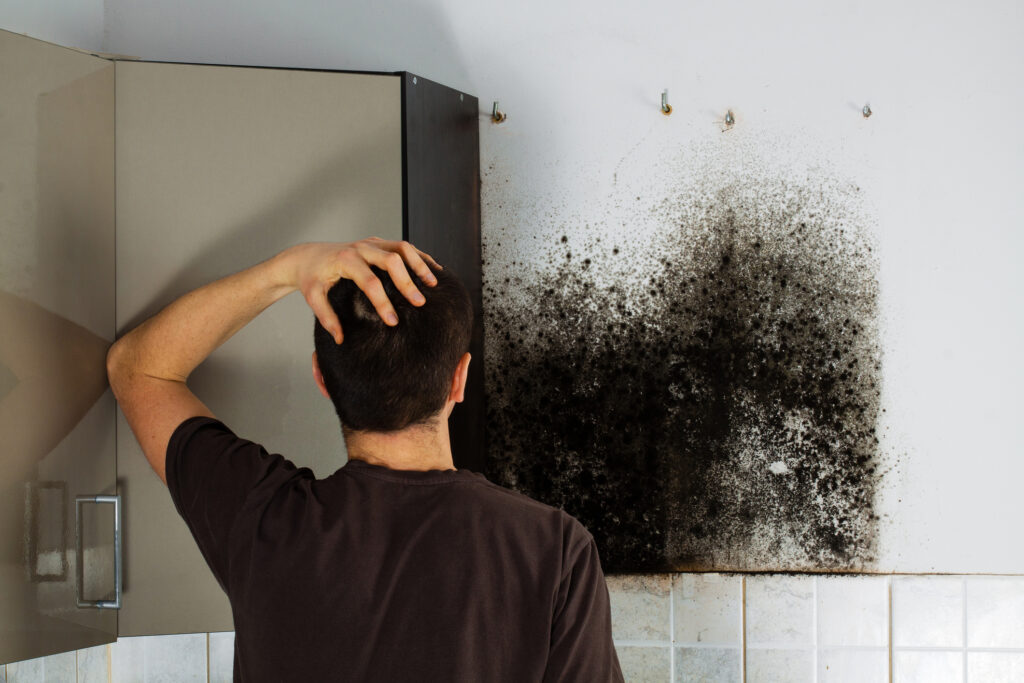
- Keeping all of your receipts and paperwork in good shape will make the process of submitting your claim much easier. Your payment will be decided by the insurance company after reviewing your claim and the receipts.
- Before you notify the insurance company, write a description of the mold damage. Claims managers may ask detailed questions about what happened, so it can be scary to speak with them. Thus, writing beforehand can be beneficial.
- After you’ve informed the insurance company of your claim, get follow-up information. Be sure to have your claim number, contact information, contact name, and the time of their next call. This information provides you control since, if you don’t hear back from the insurance agent, you can contact them directly.
How Can Mold Be Stopped From Spreading?
You would be protected up to your personal property coverage limit if mold destroyed your possessions or property and the mold was brought on by a covered risk.
Let’s say you have $10,000 in personal property coverage under your renters insurance policy. This implies that, after paying your deductible, you may receive up to $10,000 in compensation if your mold-related claim was accepted.
Moisture control is essential to preventing mold from wreaking havoc in your home. The EPA and mold specialists have provided the following mold control recommendations:
- Notify your landlord right once of any moisture issues or plumbing problems. Mold is less likely to grow if wet or damp objects dry 24 to 48 hours after spills or leaks.
- Dust and vacuum frequently. Dust is the main feeding source for mold.
- Have a basement and use a dehumidifier.
- Check your air conditioner’s airflow on a regular basis, particularly in the hot and muggy months.
- Notify your landlord or a professional if you notice mold. Bleach and a fan are frequently insufficient to resolve the conflict.
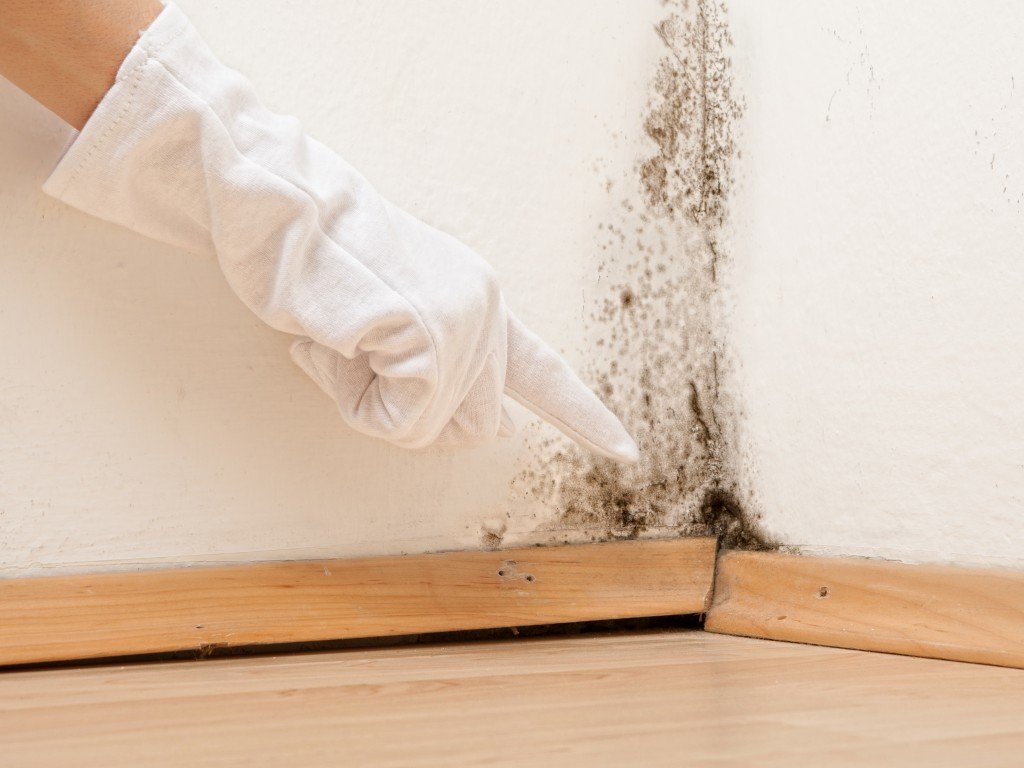
Conclusion
In the realm of insurance, mold is a complex problem. Mold is often only covered by renters insurance if the damage to the property was caused by a listed risk. They won’t pay you back otherwise.
You can acquire reasonably priced renters insurance from Goodcover for a few dollars a month. Our goal is to create a community of people who can afford to be financially secure.
Obtain a price for renters insurance and sign up right now. If you’re switching, we’ll do the task and reimburse you for any money you’ve already spent.
FAQ
Black mold is covered by renters insurance if it results from a covered risk listed in your policy, just like other molds or fungi. To comprehend the terms and conditions pertaining to black mold coverage, it is imperative that you consult your insurance provider and check your particular policy.
The expense of a mold examination is usually not covered by renters insurance. The cost of a mold examination is often the renter’s or the landlord’s responsibility.
For an extra fee, you can often add mold coverage as an endorsement to your renters insurance policy. For further information, speak with your insurance company.
When does homeowners insurance cover mold? If a water heater bursts and floods your basement, resulting in mold growth, you might be protected for unexpected mold-related events listed on your policy. Or if you use hose water to put out a fire in your house, which leaves mildew and moisture behind.
Three Steps to Remove Mold from Walls
- Combine four parts water with one part bleach.
- Scrub the mold gently until it disappears.
- Finally, use a soft cloth to thoroughly dry the area after wiping away the bleach mixture.

